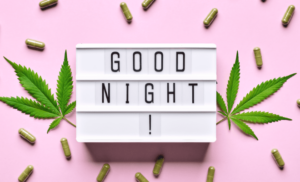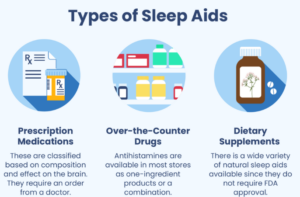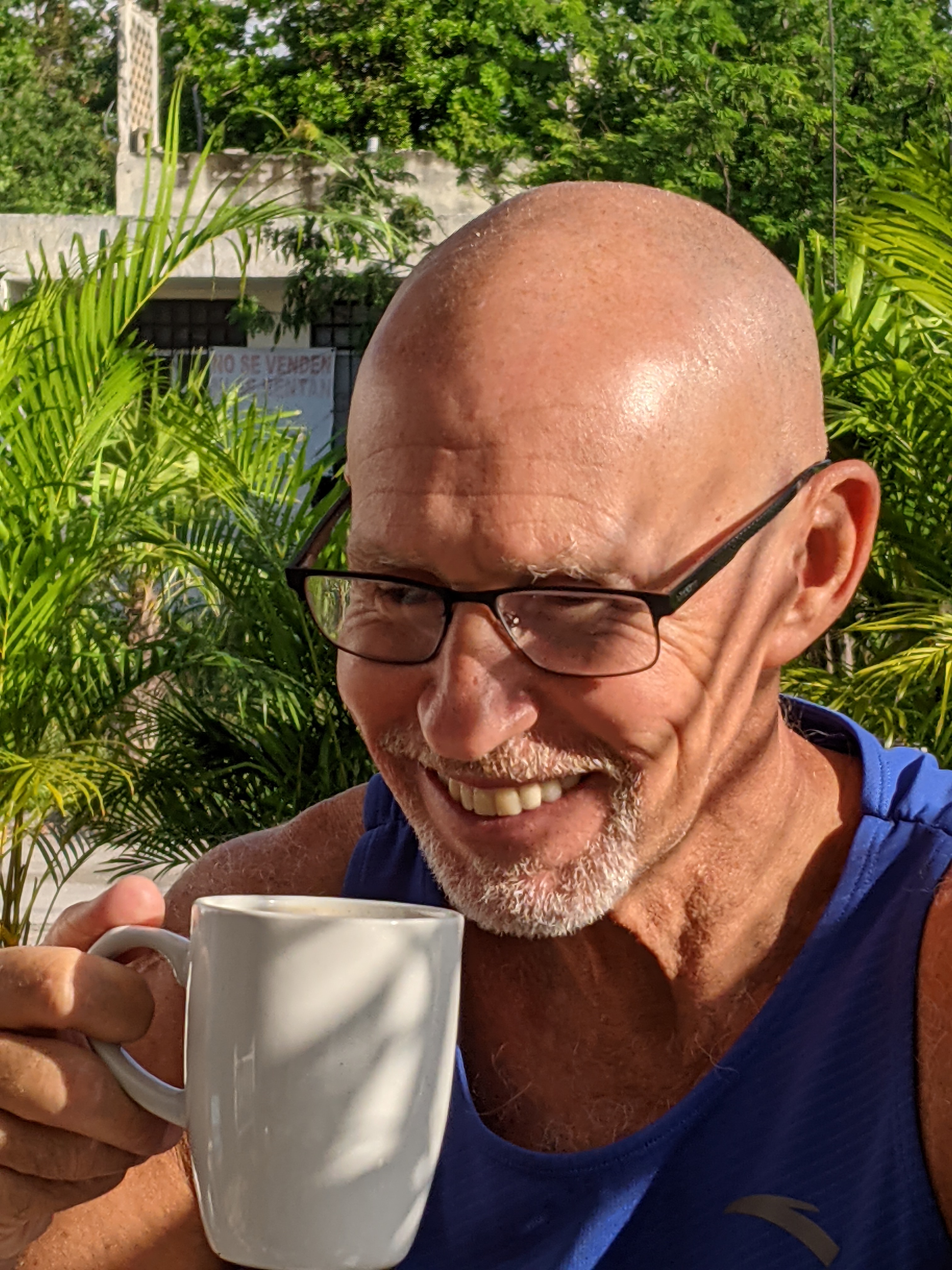Is Cannabis Good for Sleep?
Hey there, sleep seekers! Ever wondered if Cannabis could be the secret to catching those Z’s? You’re not alone. Many are curious whether lighting up before bedtime could lead to sweeter dreams.
However, the subject of Cannabis as a potential aid for sleep has ignited considerable curiosity and debate. US authorities also make efforts to do related research on Cannabis (marijuana).
In this article, we’ll go with focus on scientific insights and try to provide you with an objective answer for the relationship between Cannabis and our nightly rest.
Cannabis and Insomnia: Let’s Get the Scoop
Insomnia, or trouble sleeping, is a real pain, and Cannabis has been suggested as a way to tackle it. But here’s the thing – while some studies say Cannabis can help with sleep problems, we still don’t know a lot. A group of researchers recently looked at a bunch of studies, and they found that while there’s some evidence that Cannabis might help people with insomnia, the studies aren’t super strong. The problem is that the studies were small and didn’t last very long, so we need to be careful with the results. It’s like getting a glimpse of something cool, but you’re not totally sure if it’s the real deal.
Understanding Cannabis and Sleep: A Premier
Sleep is mega-important, no doubt about it. Not getting enough sleep or having a messed-up sleep schedule can lead to serious health issues. So, researchers are digging deep into how Cannabis might help. People often use Cannabis to deal with sleep troubles and things like pain and mental health problems. Some folks use it to tackle their main sleep issues, like insomnia, while others turn to it because of other stuff going on, like anxiety or chronic pain. But here’s the deal – the way Cannabis works for sleep isn’t crystal clear yet.
THC and CBD: The Cool Stuff Inside Cannabis

Let’s establish a foundation of understanding regarding Cannabis. Cannabis is that plant you’ve probably heard a lot about – the one that can make you feel relaxed or even a bit giggly. But what exactly is this enigmatic plant?
Cannabis, scientifically known as Cannabis sativa, is a plant that has captured both the fascination and scrutiny of researchers, medical professionals, and society at large. Inside Cannabis, there are more than 120 different things called cannabinoids. Two big ones are THC and CBD.
THC is famous for making you feel a bit goofy and relaxed. It interacts with our brains and can affect how we sleep. It’s like a two-way street – at lower amounts, it can help you fall asleep easier and snooze better, but if you take a lot, it messes with the REM stage of sleep, which is important for dreaming.
Then there’s CBD, which is another big player. It’s not like THC – it won’t make you feel super high. Depending on the dose, CBD can either give you a little energy boost or help you chill out. If you take more, it can help you sleep better and reduce waking up during the night. So, it seems like Cannabis might give you a helping hand in the sleep department, especially when it comes to falling asleep faster.
What the Facts Say: Cannabis and Sleep Ratings
As we sift through the studies, a trend emerges. Using Cannabis, particularly strains rich in THC or combined THC-CBD variants, appears to be associated with self-reported improvements in sleep quality. However, these studies are preliminary, and more robust evidence is needed. It’s like starting a puzzle – we have some pieces, but the full picture is still evolving. We’re detectives on a mission, gathering clues to decipher the intricate relationship between Cannabis and sleep.
Choosing Cannabis Products for Improved Sleep: What You Need to Know

If you’re considering using Cannabis to enhance your sleep, it’s essential to navigate the landscape of cannabis products wisely. Not all cannabis products are created equal, and selecting the right one for your sleep needs requires careful consideration. Let’s explore the types of cannabis products that might contribute to better sleep:
1. Indica Strains:
Indica strains are often associated with relaxation and sedation. These strains tend to have higher levels of certain compounds, like myrcene and terpineol, which can promote a sense of calmness and aid in falling asleep. Indica strains are generally favored for their potential to induce relaxation and tranquility, making them popular for those seeking better sleep.
2. High CBD Strains:
Cannabidiol (CBD) is known for its potential anti-anxiety and calming effects. High CBD strains are less likely to induce the euphoric “high” associated with tetrahydrocannabinol (THC). CBD can help reduce anxiety and stress, factors that often contribute to sleep difficulties. Opting for a cannabis product with higher CBD content and lower THC levels might be particularly useful for promoting relaxation and aiding sleep without the psychoactive effects.
3. Edibles:
Edible cannabis products like gummies or infused foods offer a discreet and longer-lasting option. When ingested, the effects of Cannabis take longer to kick in compared to inhaling it, but they tend to last longer. Edibles can provide a gradual onset of relaxation and sedation, potentially leading to improved sleep quality throughout the night. However, be cautious with dosing, as the effects can vary and take time to fully manifest.
4. Tinctures:
Cannabis tinctures are liquid extracts that can be taken orally. They offer precise dosing and quicker onset compared to edibles. Tinctures allow you to control the dosage more accurately, making them versatile for adjusting your intake based on your sleep needs.
5. Vaporizers:
Vaporizing Cannabis involves heating the plant material or concentrates to a temperature that releases the active compounds without combustion. Vaporizers offer a faster onset of effects compared to edibles and tinctures. If you prefer inhalation methods, you can enter an online vape shop to pick a vaporizer for a more immediate sense of relaxation and sedation.
6. THC-CBD Combinations:
Many cannabis products on the market offer a blend of THC and CBD. This combination can potentially provide the benefits of both compounds while minimizing the potential negative effects of high THC levels. Balanced ratios of THC and CBD might offer relaxation and sleep-inducing effects without the intense psychoactive experience.
7. Consultation with a Medical Professional:
Before using Cannabis for sleep, it’s wise to consult a medical professional. They can provide personalized advice based on your health status and sleep issues. Additionally, they can help you navigate the diverse range of cannabis products available, ensuring you make an informed choice that aligns with your goals for improved sleep.
Remember, the effects of Cannabis can vary based on individual factors, including tolerance, genetics, and overall health. Start with a low dose, especially if you’re new to Cannabis, and pay attention to how your body responds. Keeping a sleep journal can help you track your progress and determine which cannabis products work best for your sleep needs.
Understanding Potential Concerns: Examining Both Sides
Let’s take a closer look at the pros and cons of using Cannabis for sleep. While some people find Cannabis useful to improve sleep, it’s important to be aware of potential drawbacks. Using Cannabis might affect the complex patterns of sleep, including the important REM sleep stage. It’s also crucial to be cautious about the possibility of developing dependence and experiencing cognitive impairment.
Beyond Cannabis: Exploring Other Sleep Aids

Remember, there are more ways to boost your sleep quality than just using Cannabis. Creating a consistent bedtime routine, setting up a peaceful sleep environment, and trying relaxation techniques like meditation can all help you sleep better. Think of it as a toolbox filled with various options for better sleep beyond relying solely on Cannabis.
Wrapping Up: Making Informed Choices
As we end this journey, one thing is clear – the connection between Cannabis and sleep is intricate. While there’s some evidence suggesting benefits, uncertainties still linger. If you’re thinking about using Cannabis for sleep, it’s important to do thorough research and consult with medical professionals. Making wise decisions comes from looking at both sides and choosing what’s best for your overall health.
References
Cannabis (Marijuana) DrugFacts: https://nida.nih.gov/research-topics/cannabis-marijuana
Cannabidiol (CBD): What we know and what we don’t: https://www.health.harvard.edu/blog/cannabidiol-cbd-what-we-know-and-what-we-dont-2018082414476
Cannabis use in patients with insomnia and sleep disorders: Retrospective chart review: https://www.ncbi.nlm.nih.gov/pmc/articles/PMC9067069

Norm Bour started VapeMentors in 2013 and since then has consulted in every sector of the Vape and CBD space worldwide. He is a recognized author, speaker, and trainer.
